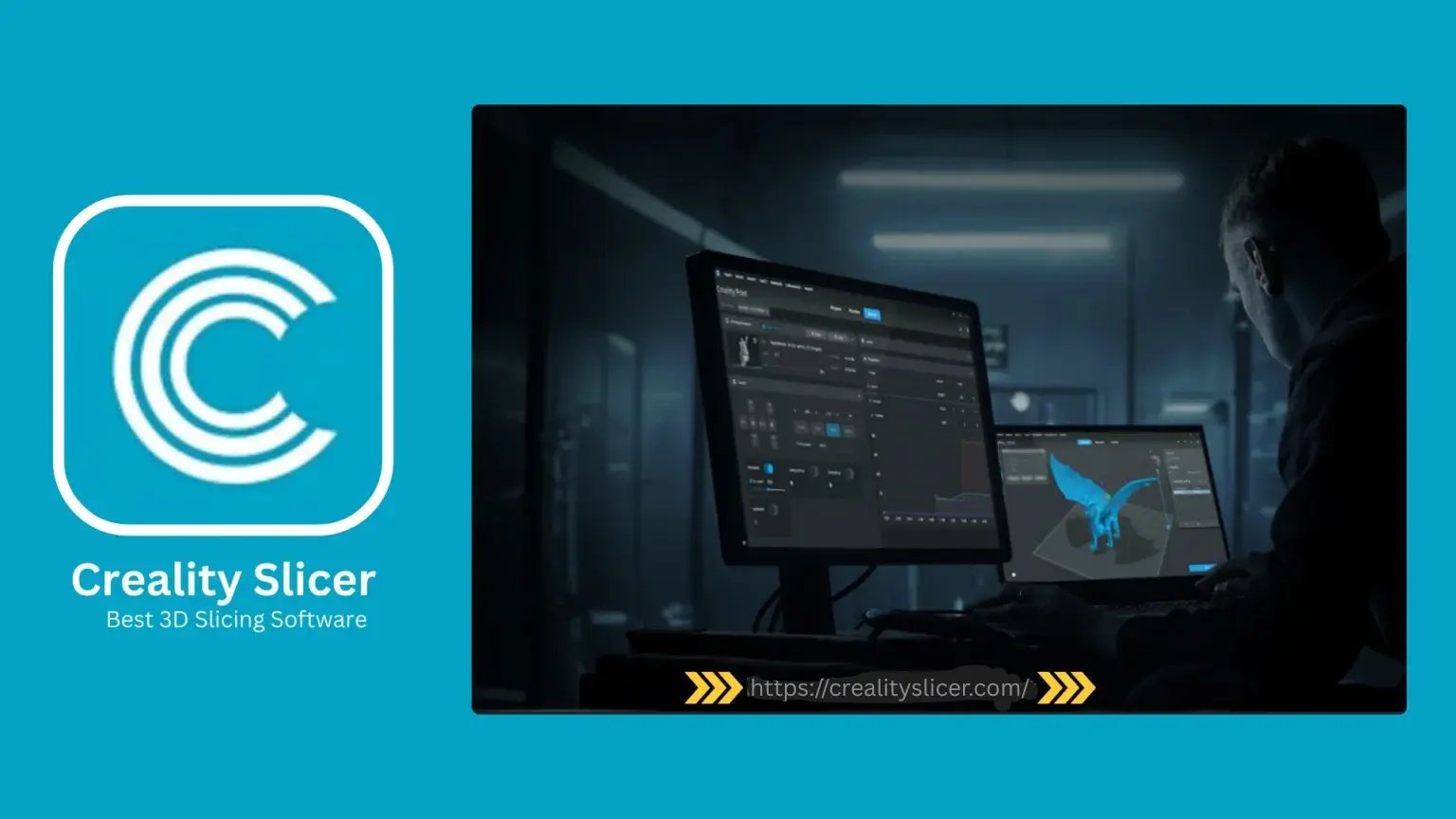In the era of digital wallets, mobile POS, and tap-to-pay features, payment processing apps must offer not just convenience, but ironclad security. That’s where Enterprise Mobile Development Miami steps in, helping businesses comply with PCI DSS (Payment Card Industry Data Security Standard) while offering seamless user experiences.
But what is PCI DSS? Why is it critical for mobile apps? And how exactly do software development services in Miami help meet these requirements?
This guide explains all that—using clear, simple language to answer your most pressing questions.
What is PCI DSS Compliance?
PCI DSS stands for Payment Card Industry Data Security Standard. It’s a global set of security rules designed to ensure that all companies that accept, process, store, or transmit credit card information maintain a secure environment.
It’s managed by the PCI Security Standards Council, which includes major card brands like Visa, MasterCard, American Express, Discover, and JCB.
The PCI DSS has 12 Core Requirements, such as:
- Installing and maintaining firewalls
- Encrypting cardholder data
- Protecting against malware
- Controlling physical and logical access to card data
- Regularly testing security systems
Any payment processing app must meet these requirements to be PCI DSS compliant.
Why is PCI DSS Compliance Important for Mobile Apps?
When it comes to mobile apps—especially payment processing apps—PCI DSS is not optional. A data breach or compliance failure can lead to:
- Huge fines from card networks
- Loss of customer trust
- Damage to your brand reputation
- Suspension of payment processing privileges
Compliance not only avoids penalties—it builds credibility and trust with users.
How Does Enterprise Mobile Development Miami Help with PCI DSS Compliance?
Companies offering Enterprise Mobile Development in Miami know the high stakes of handling cardholder data. Their software development services integrate PCI DSS standards into the entire mobile app development lifecycle—from planning to deployment.
Let’s break it down:
1. What Steps Are Taken During the App Design Phase?
During design, compliance is built in—not added later.
- Risk Assessment: Identifying where card data is collected, transmitted, and stored.
- Minimal Data Storage: Ensuring the app doesn’t store unnecessary cardholder data.
- Secure Architecture: Creating logical separation of sensitive modules.
Enterprise Mobile Development Miami teams focus on building security-first design frameworks, ensuring developers start on the right foot.
2. How Is Data Encryption Handled?
Encryption is essential for PCI DSS compliance.
- Data at Rest: Sensitive data is encrypted using AES-256 or stronger.
- Data in Transit: HTTPS with TLS 1.2+ is used for all communications.
- Tokenization: Actual card numbers are replaced with tokens, reducing risk.
Miami-based developers also use end-to-end encryption to make sure card data remains unreadable during processing.
3. What Authentication and Access Controls Are Used?
Secure login and access control are key PCI DSS elements. Here’s how Enterprise Mobile Development Miami ensures them:
- Two-Factor Authentication (2FA) for app admins
- Role-Based Access Controls (RBAC) to restrict who can see sensitive data
- Biometric Authentication (like fingerprint or Face ID) for users
This keeps both the user and the enterprise environment secure.
4. How Are Secure Coding Practices Enforced?
PCI DSS requires avoiding common coding vulnerabilities. Enterprise mobile teams in Miami use:
- OWASP Mobile Security Guidelines
- Static Code Analysis tools
- Secure SDKs and libraries
They train their developers regularly on secure coding standards, ensuring bugs don’t become backdoors.
5. How Are Apps Tested for Compliance?
Testing is a core pillar of PCI DSS.
- Penetration Testing: Simulated cyberattacks to find weaknesses.
- Vulnerability Scanning: Automated tools to detect known vulnerabilities.
- Code Audits: Manual reviews of app code to ensure best practices.
Miami-based software development services often partner with third-party auditors to validate compliance.
6. How Is Cardholder Data Stored or Avoided?
Best practice: Don’t store cardholder data at all unless absolutely necessary.
- If stored, it must be encrypted and masked
- Storage is often outsourced to PCI DSS-compliant payment gateways
- The app handles tokens instead of real card numbers
Enterprise Mobile Development Miami encourages clients to delegate sensitive data handling to platforms like Stripe, PayPal, or Braintree, which are already PCI compliant.
7. How Do You Maintain Compliance After Deployment?
PCI DSS compliance is not a one-time job. It’s an ongoing process.
- Regular Updates: Patch known vulnerabilities quickly.
- Monitoring Tools: Log suspicious activity in real-time.
- Annual PCI Audits: Review systems yearly for certification.
Miami’s enterprise developers set up compliance checklists and monitoring protocols as part of their post-deployment support.
8. What Role Do Third-Party Integrations Play?
Third-party plugins and services—like analytics tools or push notification services—can introduce risks.
Enterprise Mobile Development Miami ensures:
- All third-party tools are vetted and comply with PCI DSS
- Integrations don’t touch cardholder data
- API access is rate-limited and authenticated
This ensures the app ecosystem stays secure end-to-end.
9. How Are Software Development Services Customized for Compliance?
Each business has unique needs.
Miami-based software companies offer:
- Custom architecture to meet specific PCI levels (e.g., Level 1 vs. Level 4 merchants)
- Bespoke APIs for data tokenization
- Modular solutions that can scale compliance as the business grows
They act as partners, not just coders—guiding clients through every step of PCI compliance.
FAQs: PCI DSS & Mobile App Security
What is the full form of PCI DSS?
PCI DSS stands for Payment Card Industry Data Security Standard.
Do all apps need to be PCI compliant?
Only those that handle, process, or store credit/debit card information must be PCI DSS compliant.
Can we use third-party gateways like Stripe and skip PCI DSS?
Not entirely. While Stripe handles most of the burden, your app still needs to follow PCI-compliant practices, especially for how data is collected and transmitted.
What happens if a payment app isn’t PCI DSS compliant?
Penalties include fines, suspension from card networks, lawsuits, and severe brand damage.
Is tokenization mandatory?
It’s not mandatory but highly recommended. Tokenization minimizes risk by removing sensitive data from your environment.
Does PCI DSS apply to in-app purchases?
Yes, if your app directly processes card data. Using Apple Pay or Google Pay can reduce your PCI scope.
How often should compliance be checked?
At least once a year or whenever you make significant app changes.
Who is responsible for PCI compliance—the app owner or developer?
Both share responsibility. The app owner is accountable, but the developer plays a key role in implementation.
Does PCI DSS apply to Android and iOS apps equally?
Yes. The platform doesn’t matter—any mobile app that deals with cardholder data must comply.
What development practices help in PCI compliance?
Secure coding, encryption, access control, regular testing, and minimal data handling all contribute.
Final Thoughts
PCI DSS compliance isn’t just about ticking boxes—it’s about earning user trust and safeguarding data in an increasingly digital financial world.
That’s why companies specializing in Enterprise Mobile Development Miami make PCI compliance a cornerstone of their software development services. From secure design to audit-ready testing, their expertise ensures your payment processing app is secure, reliable, and ready to scale.
Whether you’re a fintech startup, an e-commerce giant, or a brick-and-mortar store launching a mobile payment app, PCI DSS compliance is non-negotiable. And with Miami’s leading enterprise developers on your side, it’s not just achievable—it’s streamlined.
Need PCI-compliant mobile development services?
Reach out to a trusted software development company in Miami and start your secure payment app journey today.



